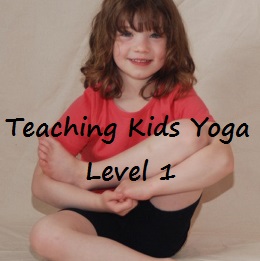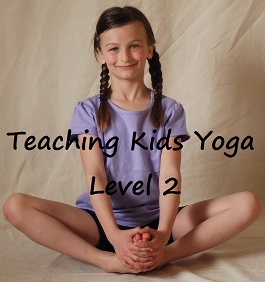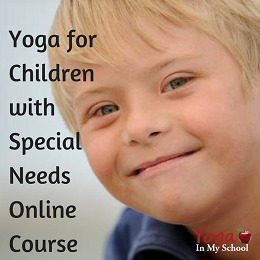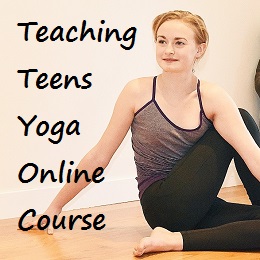September 9th, 2011 is Fetal Alcohol Awareness Day. Next week I’ll be giving a workshop on how yoga can assist children with FASD (Fetal Alcohol Spectrum Disorder). The information is especially valuable to parents, therapists and yoga instructors. Here are some of the highlights of this workshop.
What is Fetal Alcohol Spectrum Disorder?
Fetal Alcohol Spectrum Disorder is an umbrella term for a spectrum of conditions that include fetal alcohol syndrome (FAS), fetal alcohol effects (FAE), alcohol-related neurodevelopmental disorder (ARND), and alcohol-related birth defects (ARBD). All of these are caused by maternal alcohol use during pregnancy. There is no cure for FASD. However early detection and proactive interventions have been found to be effective in improving the functioning and quality of life for children with FASD.
What are the symptoms of FASD?
There is a wide range of severity of symptoms with FAS from mild to severe. These are the most common symptoms.
- slow growth
- deformities of the joints, limbs and fingers (especially the 4th & 5th fingers)
- poor co-ordination
- vision and hearing problems
- learning disorders
- heart defects
- kidney problems
- short attention span, hyperactivity, poor impulse control, extreme nervousness, anxiety
Benefits of Yoga for FASD
Yoga is an effective adjunct therapy for FASD thanks to its personal adaptability. Due to the varying nature of symptoms of FASD individualization is essential. Spend time talking with parents, other care givers and most especially the child, getting to know them, their interests, the specifics of their diagnosis, etc. This is essential to creating a yoga routine tailored to meet their needs and abilities.
Yogic breathing techniques are an effective way of helping children with FASD increase awareness and reduce stress. Keep the exercises fun and of short duration, repeating often.
Children with FASD learn best in concrete, hands-on learning environments. Focus on basic yoga poses keeping instructions simple and specific with lots of activities. Repeat poses often. For example teach a few key poses, read a book which incorporates those poses and play a game with the poses. Use visual aids and music. Develop a routine and structure to each session to help with retention and predictability.
Social skills are acquired as children interact with the instructor, therapist and other children. Partner poses are a wonderful way to connect with others, develop verbal and non-verbal communication skills, and teach participants how to interact one with another. These are keys skills in building friendships which is often a challenge for children with FASD.
Yoga sessions for children with special needs should be positive, engaging and joyful. This is therapy with heart which considers the whole child as an amazing, incredible individual with much to offer. Be patient and trust that the skills you are teaching will assist the child throughout their life.
Yoga for Children with Special Needs
Also check out our extensive library of articles under the Special Needs category.





